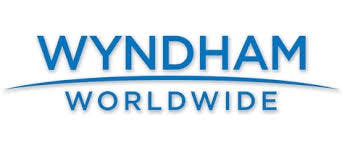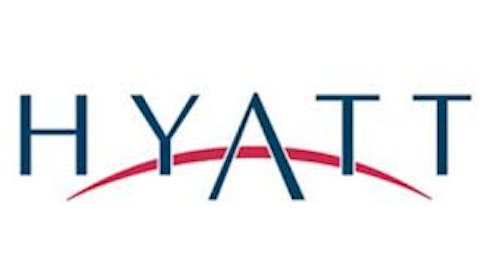While many investors like exciting growth stories and charismatic CEOs, I prefer to select companies with significant competitive advantages by virtue of their business models. Companies, which are beneficiaries of the network effect, tend to enjoy high customer retention rates and become stronger as they grow in size.
Interval Leisure Group, Inc. (NASDAQ:IILG), is such a company, with an extensive timeshare exchange network of about two million members and 2,800 resorts in more than 75 countries.
Beneficiary of the network effect
If you are the owner of the hottest technology company in Silicon Valley, you will be thinking of NASDAQ as a potential listing venue. On the other hand, if you want to monetize your mining assets in the Asia Pacific region, the Australian Stock Exchange might be your choice. As more companies in the same industry are listed on a particular stock exchange, the listed stocks tend to achieve higher valuations. This is because of the availability of comparable companies and a concentration of investors who understand the industry.
Similar to stock exchanges, Interval Leisure Group, Inc. (NASDAQ:IILG) benefits from the network effect. As more members join Interval Leisure’s network, the value of its network increases for its members, as more timeshare and properties are available for exchange. This in turn attracts new members seeking to leverage on the availability of options on Interval Leisure’s network.
Besides timeshare traders, resort developers are also keen to be part of Interval Leisure’s network. Most of them sign multi-year affiliation agreements with Interval Leisure, because they know that participating in such a network allows them to sell timeshare to new customers and satisfy their existing timeshare customers with a wider variety of vacation accommodations in premier travel destinations.
Interval Leisure Group, Inc. (NASDAQ:IILG), with a significant market share of the timeshare exchange industry, grows with time as a result of the network effect. This helps to keep smaller competitors and new entrants at bay.
High membership renewal rates derived from favorable cost-benefit analysis
I have seen an increasing amount of brick & mortar and online retailers specializing in mobile phone accessories over the past few years. In my opinion, this trend is attributed to a cost-benefit analysis, where smartphone users are more willing to spend a fraction of the price they paid for their smartphones on accessories, which enrich the entire mobile experience. In the past, where cheaper feature phones were prevalent, it did not make as much sense to pay so much for phone accessories.
The ‘stickiness’ of a product or service is dependent on the benefits it provides relative to the costs incurred. For Interval Leisure Group, Inc. (NASDAQ:IILG), its annual membership fee of $89 and a per transaction fee of more than a hundred dollars pales in comparison to the five figure sum typically spent in acquiring a timeshare. However, this membership, which costs so much less than the timeshare, provides the customer with what he really wants from a timeshare: flexibility. Given the huge benefit derived relative to the cost of a membership, it is no surprise that Interval Leisure enjoys membership renewal rates of above 90%.
Looking forward
Interval Leisure grew its fiscal 2012 revenues by 10%, almost double the topline growth for 2011. It also initiated its first regular quarterly dividend in March 2012, and currently sports a 2.1% dividend yield.
Going forward, Interval Leisure Group, Inc. (NASDAQ:IILG) intends to increase average revenue per user through attracting more members to its premium programs. In May 2013, it announced that its premium membership Interval Platinum, which costs an incremental fee of $129 on top of its basic membership fee, crossed the 100,000 member mark.
Peer comparison
Interval Leisure Group, Inc. (NASDAQ:IILG)’s peers include Wyndham Worldwide Corporation (NYSE:WYN) and Marriott Vacations Worldwide Corp (NYSE:VAC).
Wyndham Worldwide is the largest hotel franchisor globally. It also owns RCI, the largest time share exchange network in the world, which boasts of 3.7 million timeshare owners and more than 4,000 resorts in 100 countries. RCI, its vacation exchange and rental business, accounts for close to one third of its EBITDA, with its timeshare development and hotel franchisor business segments representing a quarter and close to half of EBITDA respectively, according to a recent investor presentation.


